
SCARS Institute’s Encyclopedia of Scams™ Published Continuously for 25 Years

SCARS™ Insights: Naming & Shaming Scammers!
One of our scam victim’s support group members asked a very important question:
“IS IT POSSIBLE TO NAME AND SHAME THESE CRIMINALS PUBLICLY?”
First, We Need To Ask The Question – Why Is This Important? To Victims? To Anyone?
A very large percentage of scam victims almost demand to be able to name and shame their scammers. This is almost an instinctual response after their scam ends and they are going through the “anger” stage of their grief-cycle.
It appears that this is a natural response to the injustice of the scam – to the crime that was perpetrated on each victim and their desire for justice and some form of closure.
After nearly 30 years observing scammers and victims we see this as a universal constant. Something like gravity, that affects most scam victims – except for those that remain in denial in some form – either refusing to believe or wanting to hide in shame.
When dealing with a criminal so far removed – continents away – and a law enforcement system that seems incapable of bringing justice to victims – naming and shaming seems a natural option – indeed maybe the only option!
Second, Does It Do More Harm Than Good? To Whom? To The Victim?
We see almost everywhere that there are scam victims grouping together in anti-scam groups in social media and on a few websites. Victims rush into thee groups – initially seeking support and knowledge, but most are created and administered by amateurs that are themselves reeling from their own scams – going through their own trauma and grief. Most of them are not succeeding very well in recovering either.
These anti-scam groups have their own magnetism that other victims gravitate towards. Some find our SCARS groups where we help them down a proprer path – we are a real victims’ assistance organization, but 99% are not. Most are run by people that are angry or feel that only they can change the world and use their inexperience and ignorance to show others the way – the wrong way. This is in large part why most scam victims either take very extended periods of time to recover or never recover. We call these the anti-scam hate groups – hate, rage, and anger – vigilantism – being their primary motivator behind these groups.
In the next section, we will get to the good or harm it does for victims to participate in these groups, but first let’s look at efficacy – does it do anything useful?
Before we place a score on the effectiveness of such naming and shaming or exposure approaches, let’s look at the mechanics of how it is done.
The typical approach to naming and shaming or exposing scammers is to display endless streams of scammer’s photos – exposing their fake identities.
LOOKING AT SCAMMER PHOTOS
Studies have shown that looking at criminal photos can alter your memories of the crime. A study by Alan W. Kersten &
Julie L. Earles showed that looking at mugshots can actually make a victim change who they think perpetrated the crime against them. (1)
More than 25 years of research has accumulated concerning the possible biasing effects of mugshot exposure to eyewitnesses. Two separate analyses were conducted on 32 independent tests of the hypothesis that prior mugshot exposure decreases witness accuracy at a subsequent lineup. Mugshot exposure both significantly decreased proportion correct and increased the false alarm rate, the effect being greater on false alarms – meaning misidentification. A mugshot commitment effect, arising from the identification of someone in a mugshot, was a substantial contributor to both these effects. This basically means that looking at scammer photos has an effect on a victim’s memory by adding more confusion about who was behind their crime – not in fact, but in the emotional impact. (2) There are countless studies on the reliability of looking at mugshots on the criminal justice process (4) but very few on the emotional trauma.
In addition, looking at mugshots tends to demonize and dehumanize the criminal. We see a constant dehumanization of scammers in anti-scam hate groups that express their anger against scammers through flooding their victim members with scammer photos. (3) We know from our own research that demonizing scammers – calling them names – putting them in a sub-human category, feels right for many victims. They are angry and they want to lash out against the criminals that did this to them, but this process only fuels further anger and a sense of injustice that spirals down to an even greater sense of powerlessness and rage. In our article about this you can better understand why these practices of name-calling are not beneficial for victims of scams – click here.
What surprising result that we have seen over the years is that there is a correlation between continued exposure to scammer photos and revictimization and that this is backup by academic research (5) Guilt and anger can cause a compulsion to place a victim back into the situations that cause their victimization and trauma again. This might (in small part) help to explain why the average victim is scammed multiple times. However, we believe that this is more directly connected to the failure of these groups to teach the needed behavioral changes so that victims can learn real safety behaviors.
In summary, in our experience, what the continuous or extending exposure to scammers photos does to a victim is:
- Amplify anger by increased awareness of how many scams and victims there are
- Create a greater sense of powerlessness by the unstoppability of scams – scammers are increasing, it is never stopping, no one is doing anything.
- Build dependence of photos as a means for self-safety – that by looking at the photos is the only or main way to know if someone is a scammer.
- Increase dependence on others to defend or protect them.
- Increase isolation from others by amplifying the feeling that only other group members can understand what they are going through – creating avoidance of non-scam victim support, such as trauma counseling or therapy
The constant exposure of scammer photos in most anti-scam groups serves to increase trauma by providing a greater sense of unease, hopelessness, and anger against scammers. It increases a sense of isolation and dependency on the victim community which is neither healthy nor beneficial in the victim’s prospects for emotional recovery from their trauma.
SAMPLE STUDIES:
- https://link.springer.com/article/10.3758/s13421-016-0642-7
- https://www.researchgate.net/publication/7040618_Mugshot_Exposure_Effects_Retroactive_Interference_Mugshot_Commitment_Source_Confusion_and_Unconscious_Transference
- https://www.ncbi.nlm.nih.gov/pmc/articles/PMC5004736/
- Google search on studies of reliability and accuracy of mugshot exposure »
- http://www.traumacenter.org/products/pdf_files/Compulsion_to_Repeat.pdf »
Third, Does It Do Anything? Does It Work?
With about a decade of practical experience behind all of us know, we have seen how effective this process of naming and shaming or exposing scammers has been.
WHAT HAS IT DONE?
Here are the facts based upon our own research with more than 5 million scam victims over the last decade:
- Displaying the fake – stolen photos used by scammers does help victims that are not sure if they are being scammed to end a scam sooner. But this is only because they are not listening to the red flags and their own gut. If they paid attention to the clues, photo confirmation would not be needed.
- It also creates false assurances – the numbers of photos stolen by scammers is staggering – tens or hundreds of billions. This means it is impossible to find, confirm, and publish even a tiny fraction of the stolen photos in use. Most victims will not be able to find photo confirmation of scam, and instead, may use the absence of confirmation to believe they are not being scammed.
- It has NOT led to an identifiable increase in arrests. SCARS has processes that feed identified photos to law enforcement that led directly to arrests, but posting these photos on Facebook pages, social media groups, Instagram, or elsewhere is only a placebo effect. If feeds the demand for them which in turn increases the sense of their importance. The photos posted on most anti-scam groups sense no purpose in preventing scams or arresting scammers (with the exception being processes that feed photos to law enforcement for facial recognition which is done by SCARS). Nearly no scammers are being caught as a result of exposing them and their photos.
- It does not decrease the number of scammers or the rate of scammer (cybercriminal) growth – the number of new scammers has grown every year for the last 30 years UNTIL 2019. In 2019, large scale law enforcement action worldwide arrested more than 111,000 scammers – but this was not the result of exposing scammers – it was the result of a chain of information meticulously developed by traditional police investigative techniques.
- Anti-scam groups have claimed for more than a decade that their libraries of stolen or scammer photos demonstrate their superiority and skills. This is a gross exaggeration as best, and fraud at worst. One group led by a retired military officer has claimed that they use these photos and go to West Africa yearly to arrests scammers – this is a sad falsehood.
Then why does everyone do it? Even SCARS has significant displays of scammer photos in social media and even has a dedicated website for it. Why do we do it?
THERE ARE THREE SIMPLE ANSWERS TO THIS:
- Because victims have been sold on the urban legends that it is important and does something to make things better.
- Because it makes victims involved in this process feel better because they are doing something that seems to make sense and contributes to their overall goals.
- Because without it victims will never listen to the other more important messages about recovery and seeking real help with their trauma.
SCARS is trying to help traumatized people recover from scams. We tried for many years to avoid the scammer photo trap, but people are just as persuaded by the social engineering of scammer photo lures as they are by the scammers themselves. The result is we adapt to what victims initially expect so that we can better help them downstream.
However, as said, the photos are a socially engineered lure that other groups use to hold victims to them for their own benefit. Our desire is that victims learn what they need and then turn their back on us and the world of scams, having learned how to avoid them in the future. We do hope that many will aid in proper recovery care and education for the public and those unfortunately who have been scammed, but helping to return people to normalcy is our goal.
Fourth, Naming Scammers
There are two main problems with this.
- There are now more than a billion fake names used by scammers. NO ONE has the time or money to catalog them all. We do what we can and ask for everyone’s help as well – but most victims will not help or even report the crimes.
- For every name cataloged, scammers will create dozens more.
It is useless to rely on cataloged names for any purpose. Scammers are not caught from names posted in social media, they are almost always caught by their local actions. Meaning that only about 3% of scammers are caught from reporting. 97% are caught because that made local mistakes that identified them to local police. There are exceptions however.
It is important to report all crime to the police, because more than anything, this is what allocates money and resources for law enforcement to fight and take action against scams.
It is essential to continue to report all scams and scammers so the resources become available. Report them here on this website or on www.Anyscam.com »
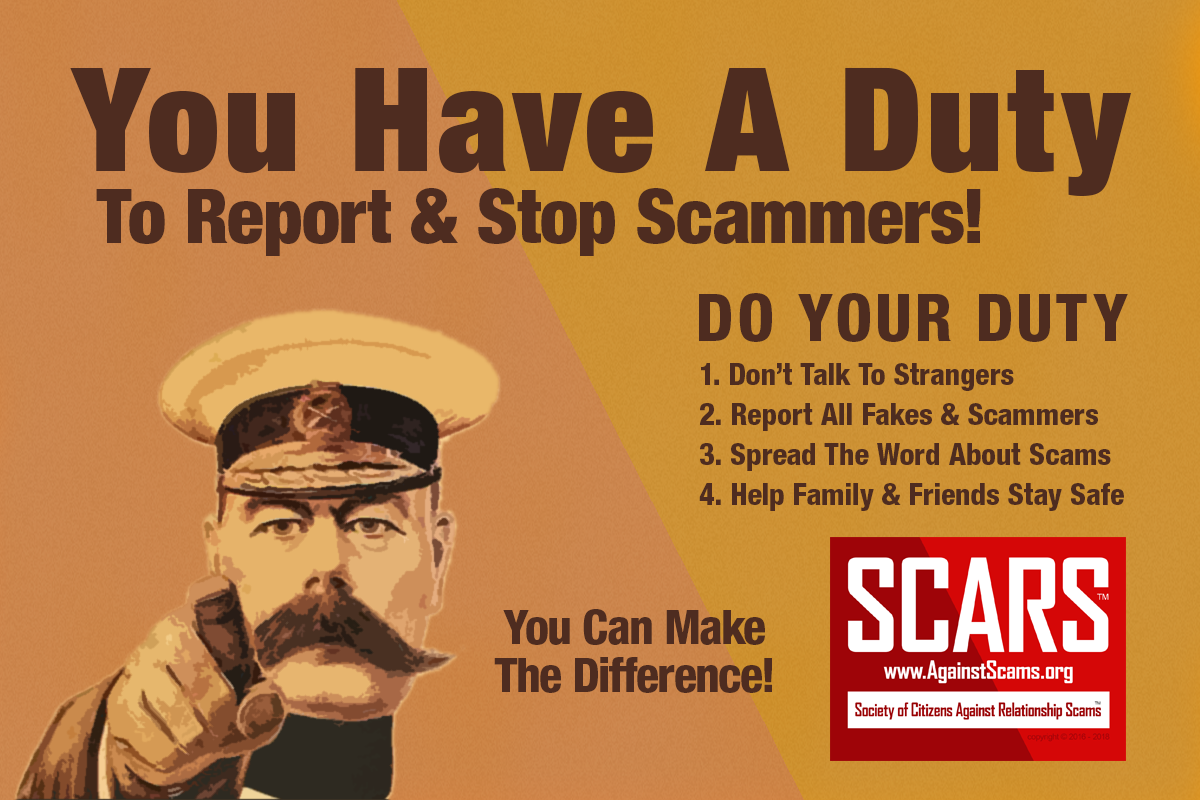
Do Your Duty – Stop Talking With Strangers Online And Report All Scammers
We Do Have One Of The Largest Libraries Of Scammer Photos Too:
VICTIM ADVISORY: Viewing photos of scammers – either stolen photos or real photos – can have a negative effect on your emotional state. We advise against viewing scammer photos after you were involved in a romance scam.
To See the SCARS Library of Scammer Photos Visit ScamsOnline.org »
JUST REMEMBER ONE THING!
The people pictured in the stolen photos used by scammers are victims too!
Do NOT track them down – you do not know them or have a relationship with the, If you do, you are cyberstalking. Leave them alone. Their lives are being made miserable by the fact that their face and identity are being stolen and used to scam people around the world.
TAGS: SCARS, Important Article, Information About Scams, Anti-Scam, Scams, Scammers, Fraudsters, Cybercrime, Crybercriminals, Romance Scams, Scam Victims, Naming & Shaming Scammers, Stolen Photos, Exposign Scammers, Scammer Photos
SCARS™ Editorial Team
Society of Citizens Against Relationship Scams Inc.
A Worldwide Crime Victims Assistance Nonprofit Organization
Visit: www.AgainstScams.org
Contact Us: Contact@AgainstScams.org
PLEASE SHARE OUR ARTICLES WITH YOUR FRIENDS & FAMILY
HELP OTHERS STAY SAFE ONLINE – YOUR KNOWLEDGE CAN MAKE THE DIFFERENCE!
The Latest SCARS Posts:
FIND MORE SCAM NEWS
«SCAMCRIME.COM»
JOIN US ON FACEBOOK
«CLICK HERE»
END
MORE INFORMATION
– – –
Tell us about your experiences with Romance Scammers in our
« Scams Discussion Forum on Facebook »
– – –
FAQ: How Do You Properly Report Scammers?
It is essential that law enforcement knows about scams & scammers, even though there is nothing (in most cases) that they can do.
Always report scams involving money lost or where you received money to:
- Local Police – ask them to take an “informational” police report – say you need it for your insurance
- U.S. State Police (if you live in the U.S.) – they will take the matter more seriously and provide you with more help than local police
- Your National Police or FBI « www.IC3.gov »
- The SCARS|CDN™ Cybercriminal Data Network – Worldwide Reporting Network on « www.Anyscam.com »
This helps your government understand the problem, and allows law enforcement to add scammers on watch lists worldwide.
– – –
To learn more about SCARS visit « www.AgainstScams.org »
Please be sure to report all scammers
on « www.Anyscam.com »
Disclaimer:
SCARS IS A DIGITAL PUBLISHER AND DOES NOT OFFER HEALTH OR MEDICAL ADVICE, LEGAL ADVICE, FINANCIAL ADVICE, OR SERVICES THAT SCARS IS NOT LICENSED OR REGISTERED TO PERFORM.
IF YOU’RE FACING A MEDICAL EMERGENCY, CALL YOUR LOCAL EMERGENCY SERVICES IMMEDIATELY, OR VISIT THE NEAREST EMERGENCY ROOM OR URGENT CARE CENTER. YOU SHOULD CONSULT YOUR HEALTHCARE PROVIDER BEFORE FOLLOWING ANY MEDICALLY RELATED INFORMATION PRESENTED ON OUR PAGES.
ALWAYS CONSULT A LICENSED ATTORNEY FOR ANY ADVICE REGARDING LEGAL MATTERS.
A LICENSED FINANCIAL OR TAX PROFESSIONAL SHOULD BE CONSULTED BEFORE ACTING ON ANY INFORMATION RELATING TO YOUR PERSONAL FINANCES OR TAX RELATED ISSUES AND INFORMATION.
This content and other material contained on the website, apps, newsletter, and products (“Content”), is general in nature and for informational purposes only and does not constitute medical, legal, or financial advice; the Content is not intended to be a substitute for licensed or regulated professional advice. Always consult your doctor or other qualified healthcare provider, lawyer, financial or tax professional with any questions you may have regarding the educational information contained herein. SCARS makes no guarantees about the efficacy of information described on or in SCARS’s Content. The information contained are subject to change and are not intended to cover all possible situations or effects. SCARS does not recommend or endorse any specific professional or care provider, product, service, or other information that may be mentioned in SCARS’s websites, apps, and Content unless explicitly identified as such.
The disclaimers herein are provided on this page for ease of reference. These disclaimers supplement and are a part of SCARS’s websites Terms of Use.
Legal Notices:
All original content is Copyright © 1991 – 2020 Society of Citizens Against Relationship Scams Inc. (D.B.A SCARS) All Rights Reserved Worldwide & Webwide. Third-party copyrights acknowledge.
SCARS, SCARS|INTERNATIONAL, SCARS, SCARS|SUPPORT, SCARS, RSN, Romance Scams Now, SCARS|WORLDWIDE, SCARS|GLOBAL, SCARS, Society of Citizens Against Relationship Scams, Society of Citizens Against Romance Scams, SCARS|ANYSCAM, Project Anyscam, Anyscam, SCARS|GOFCH, GOFCH, SCARS|CHINA, SCARS|CDN, SCARS|UK, SCARS|LATINOAMERICA, SCARS|MEMBER, SCARS|VOLUNTEER, SCARS Cybercriminal Data Network, Cobalt Alert, Scam Victims Support Group, are all trademarks of Society of Citizens Against Relationship Scams Inc.
Contact the law firm for the Society of Citizens Against Relationship Scams Incorporated by email at legal@AgainstScams.org
-/ 30 /-
What do you think about this?
Please share your thoughts in a comment below!
Table of Contents
LEAVE A COMMENT?
Recent Comments
On Other Articles
- Arwyn Lautenschlager on Love Bombing And How Romance Scam Victims Are Forced To Feel: “I was love bombed to the point that I would do just about anything for the scammer(s). I was told…” Feb 11, 14:24
- on Dani Daniels (Kira Lee Orsag): Another Scammer’s Favorite: “You provide a valuable service! I wish more people knew about it!” Feb 10, 15:05
- on Danielle Delaunay/Danielle Genevieve – Stolen Identity/Stolen Photos – Impersonation Victim UPDATED 2024: “We highly recommend that you simply turn away form the scam and scammers, and focus on the development of a…” Feb 4, 19:47
- on The Art Of Deception: The Fundamental Principals Of Successful Deceptions – 2024: “I experienced many of the deceptive tactics that romance scammers use. I was told various stories of hardship and why…” Feb 4, 15:27
- on Danielle Delaunay/Danielle Genevieve – Stolen Identity/Stolen Photos – Impersonation Victim UPDATED 2024: “Yes, I’m in that exact situation also. “Danielle” has seriously scammed me for 3 years now. “She” (he) doesn’t know…” Feb 4, 14:58
- on An Essay on Justice and Money Recovery – 2026: “you are so right I accidentally clicked on online justice I signed an agreement for 12k upfront but cd only…” Feb 3, 08:16
- on The SCARS Institute Top 50 Celebrity Impersonation Scams – 2025: “Quora has had visits from scammers pretending to be Keanu Reeves and Paul McCartney in 2025 and 2026.” Jan 27, 17:45
- on Scam Victims Should Limit Their Exposure To Scam News & Scammer Photos: “I used to look at scammers photos all the time; however, I don’t feel the need to do it anymore.…” Jan 26, 23:19
- on After A Scam, No One Can Tell You How You Will React: “This article was very informative, my scams happened 5 years ago; however, l do remember several of those emotions and/or…” Jan 23, 17:17
- on Situational Awareness and How Trauma Makes Scam Victims Less Safe – 2024: “I need to be more observant and I am practicing situational awareness. I’m saving this article to remind me of…” Jan 21, 22:55
ARTICLE META
Important Information for New Scam Victims
- Please visit www.ScamVictimsSupport.org – a SCARS Website for New Scam Victims & Sextortion Victims
- Enroll in FREE SCARS Scam Survivor’s School now at www.SCARSeducation.org
- Please visit www.ScamPsychology.org – to more fully understand the psychological concepts involved in scams and scam victim recovery
If you are looking for local trauma counselors please visit counseling.AgainstScams.org or join SCARS for our counseling/therapy benefit: membership.AgainstScams.org
If you need to speak with someone now, you can dial 988 or find phone numbers for crisis hotlines all around the world here: www.opencounseling.com/suicide-hotlines
A Note About Labeling!
We often use the term ‘scam victim’ in our articles, but this is a convenience to help those searching for information in search engines like Google. It is just a convenience and has no deeper meaning. If you have come through such an experience, YOU are a Survivor! It was not your fault. You are not alone! Axios!
A Question of Trust
At the SCARS Institute, we invite you to do your own research on the topics we speak about and publish, Our team investigates the subject being discussed, especially when it comes to understanding the scam victims-survivors experience. You can do Google searches but in many cases, you will have to wade through scientific papers and studies. However, remember that biases and perspectives matter and influence the outcome. Regardless, we encourage you to explore these topics as thoroughly as you can for your own awareness.
Statement About Victim Blaming
SCARS Institute articles examine different aspects of the scam victim experience, as well as those who may have been secondary victims. This work focuses on understanding victimization through the science of victimology, including common psychological and behavioral responses. The purpose is to help victims and survivors understand why these crimes occurred, reduce shame and self-blame, strengthen recovery programs and victim opportunities, and lower the risk of future victimization.
At times, these discussions may sound uncomfortable, overwhelming, or may be mistaken for blame. They are not. Scam victims are never blamed. Our goal is to explain the mechanisms of deception and the human responses that scammers exploit, and the processes that occur after the scam ends, so victims can better understand what happened to them and why it felt convincing at the time, and what the path looks like going forward.
Articles that address the psychology, neurology, physiology, and other characteristics of scams and the victim experience recognize that all people share cognitive and emotional traits that can be manipulated under the right conditions. These characteristics are not flaws. They are normal human functions that criminals deliberately exploit. Victims typically have little awareness of these mechanisms while a scam is unfolding and a very limited ability to control them. Awareness often comes only after the harm has occurred.
By explaining these processes, these articles help victims make sense of their experiences, understand common post-scam reactions, and identify ways to protect themselves moving forward. This knowledge supports recovery by replacing confusion and self-blame with clarity, context, and self-compassion.
Additional educational material on these topics is available at ScamPsychology.org – ScamsNOW.com and other SCARS Institute websites.
Psychology Disclaimer:
All articles about psychology and the human brain on this website are for information & education only
The information provided in this article is intended for educational and self-help purposes only and should not be construed as a substitute for professional therapy or counseling.
While any self-help techniques outlined herein may be beneficial for scam victims seeking to recover from their experience and move towards recovery, it is important to consult with a qualified mental health professional before initiating any course of action. Each individual’s experience and needs are unique, and what works for one person may not be suitable for another.
Additionally, any approach may not be appropriate for individuals with certain pre-existing mental health conditions or trauma histories. It is advisable to seek guidance from a licensed therapist or counselor who can provide personalized support, guidance, and treatment tailored to your specific needs.
If you are experiencing significant distress or emotional difficulties related to a scam or other traumatic event, please consult your doctor or mental health provider for appropriate care and support.
Also read our SCARS Institute Statement about Professional Care for Scam Victims – click here to go to our ScamsNOW.com website.


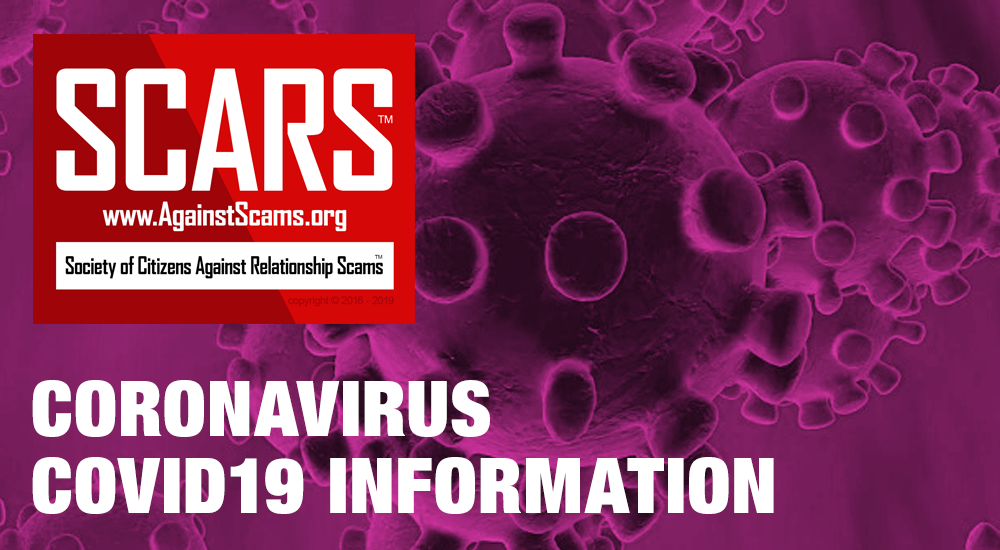
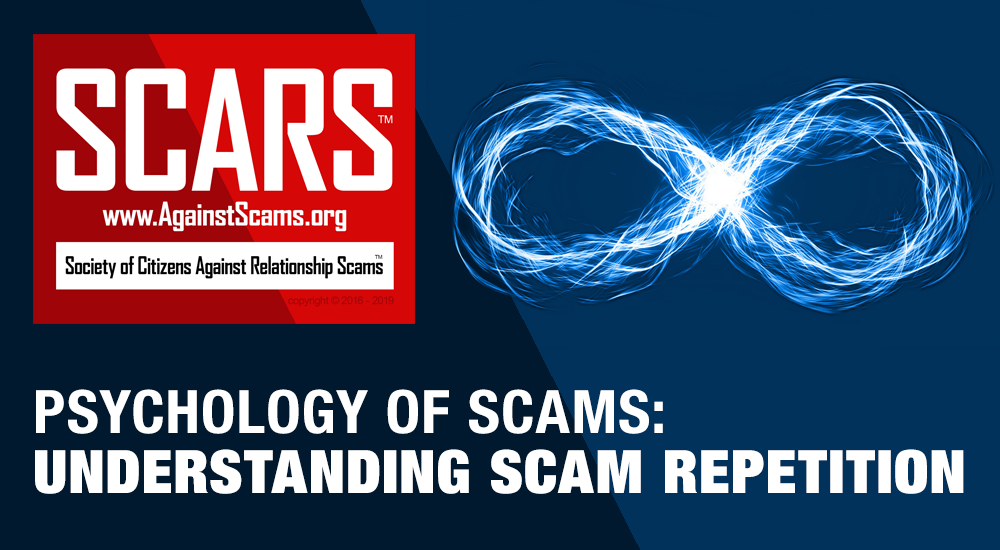
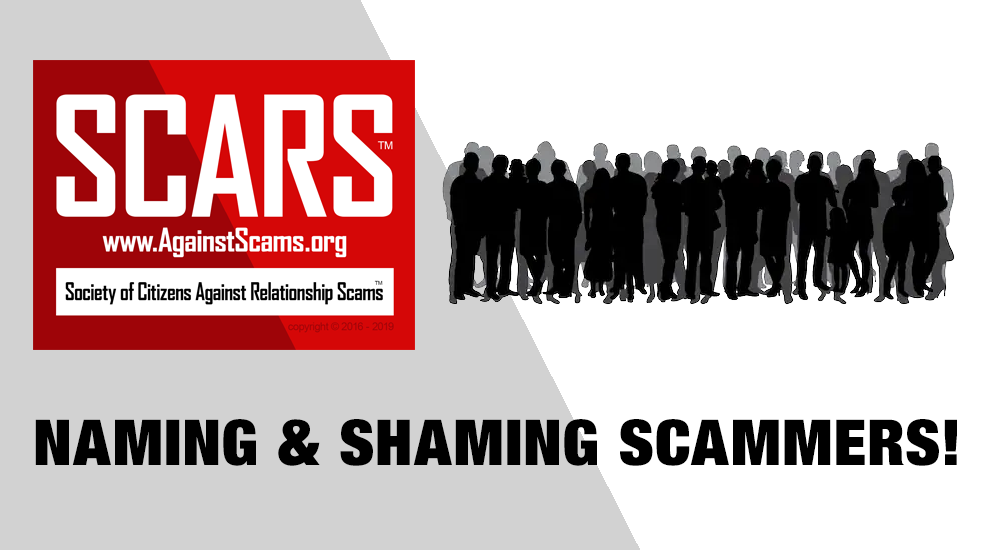

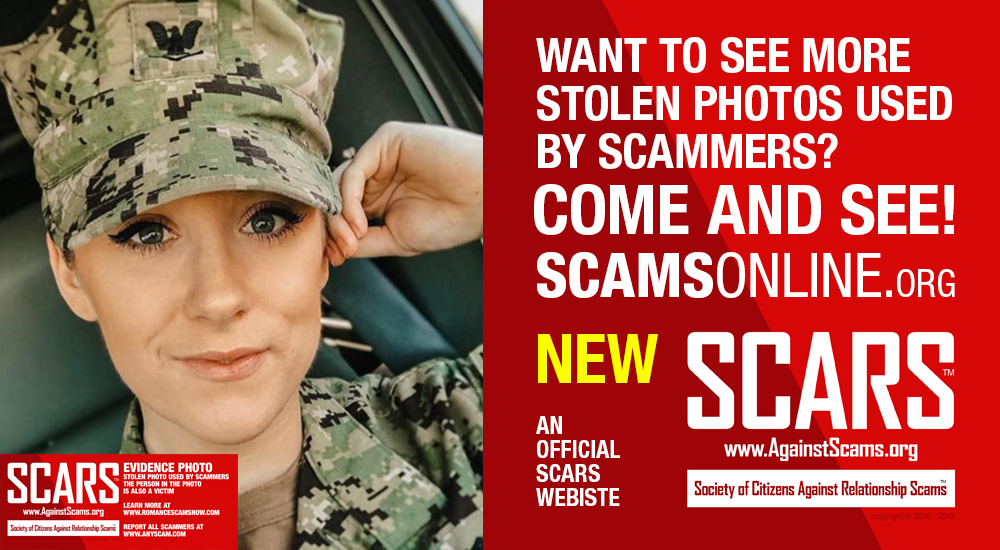
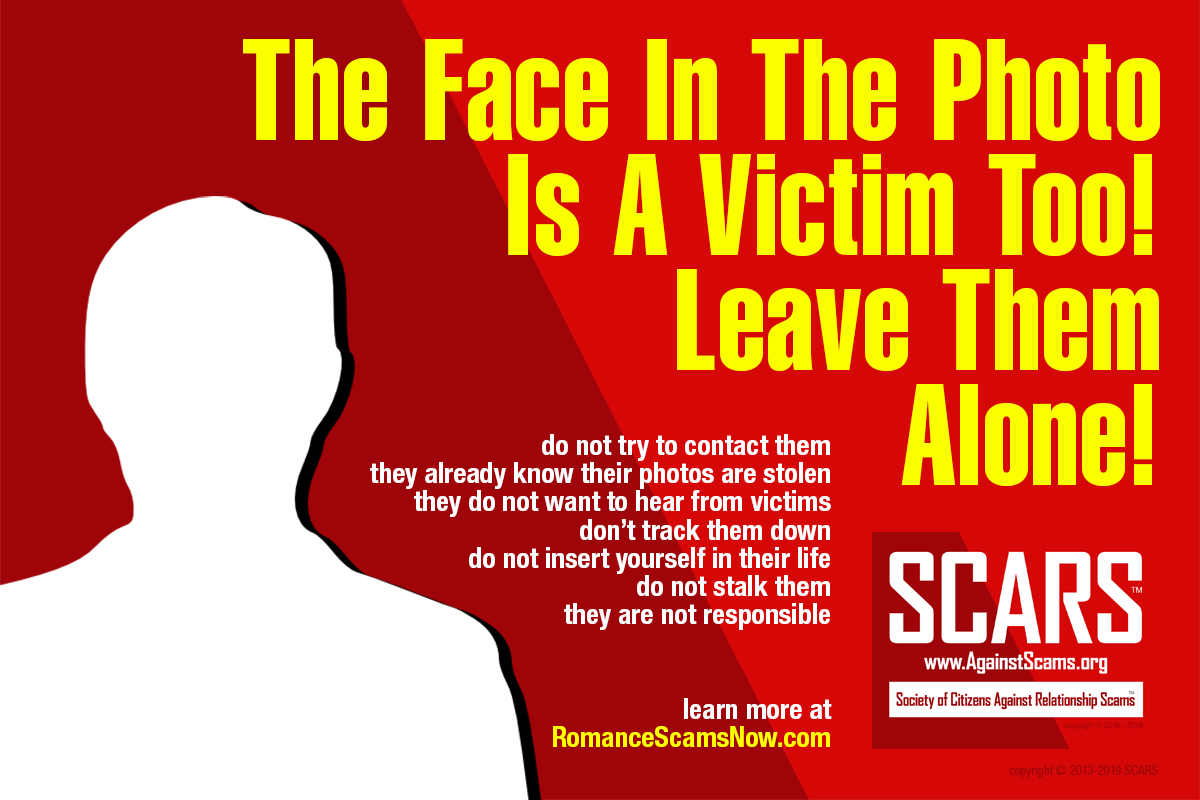







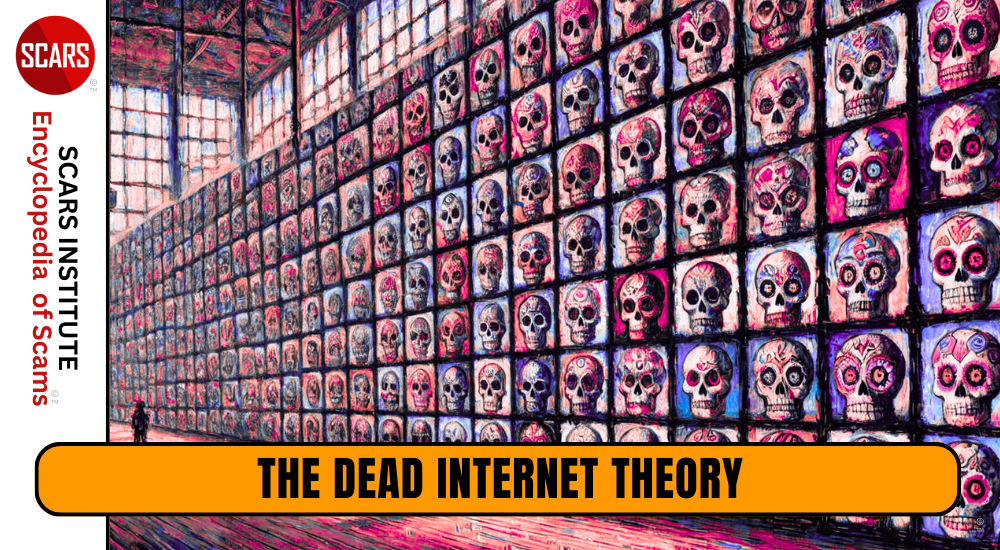
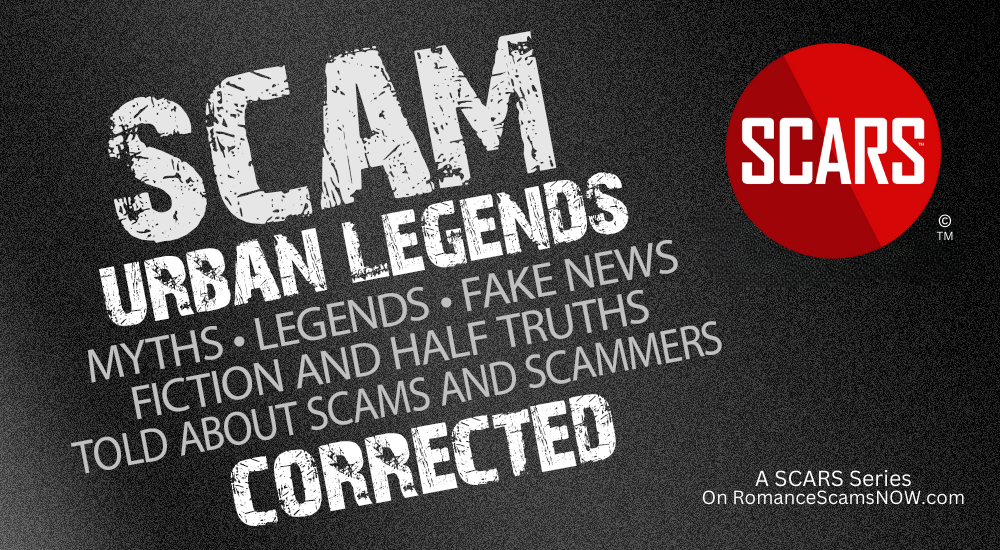
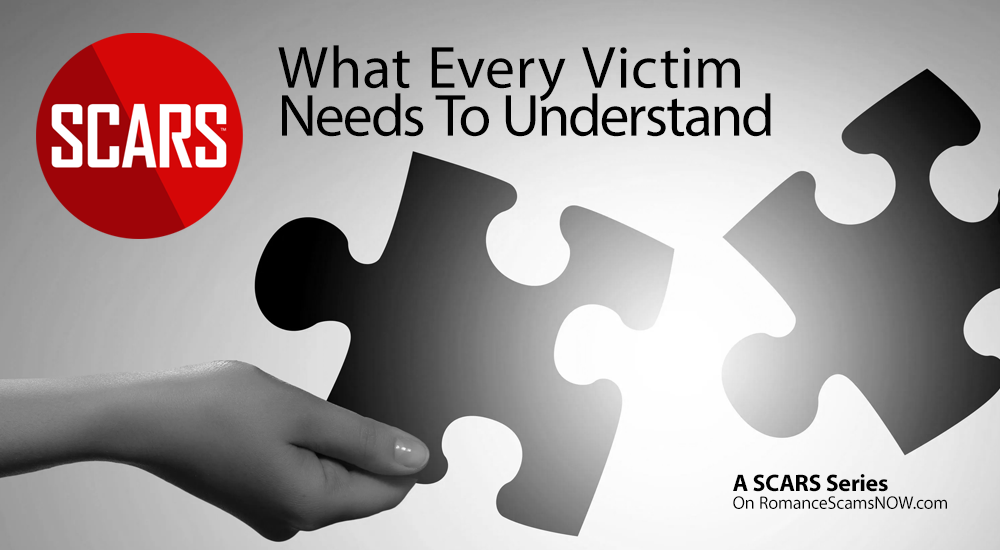
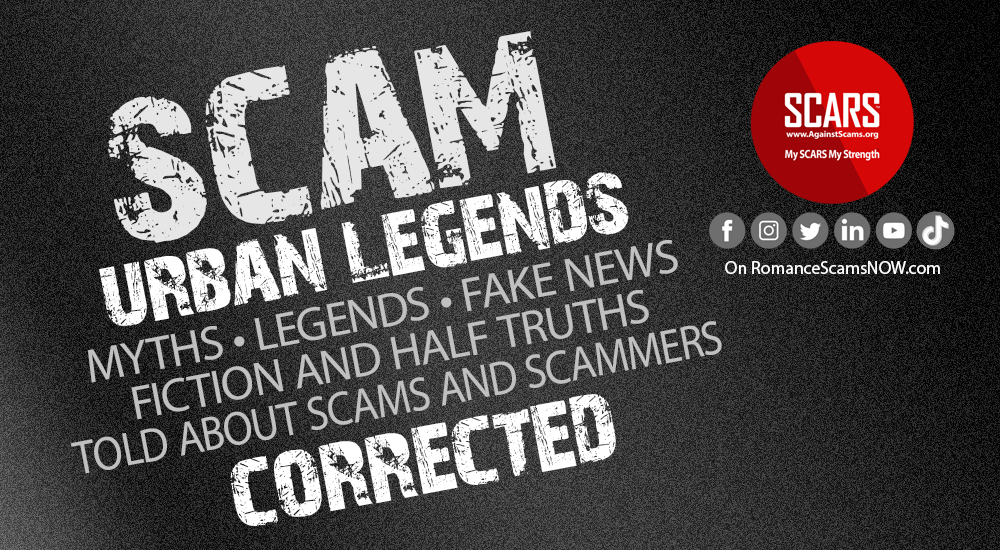




Thank you for your comment. You may receive an email to follow up. We never share your data with marketers.